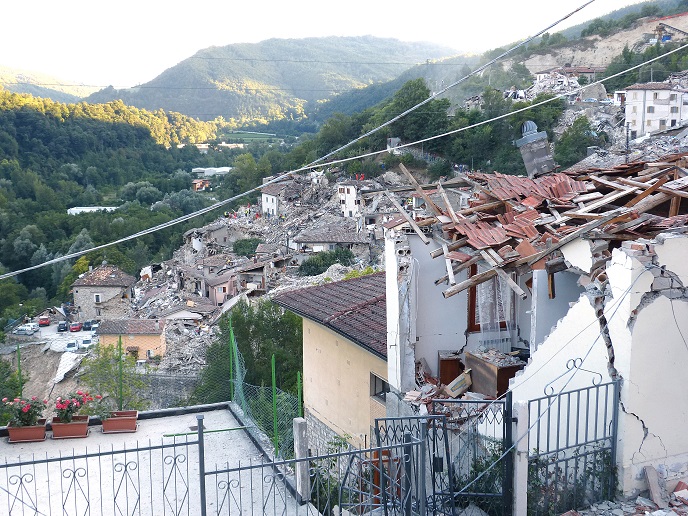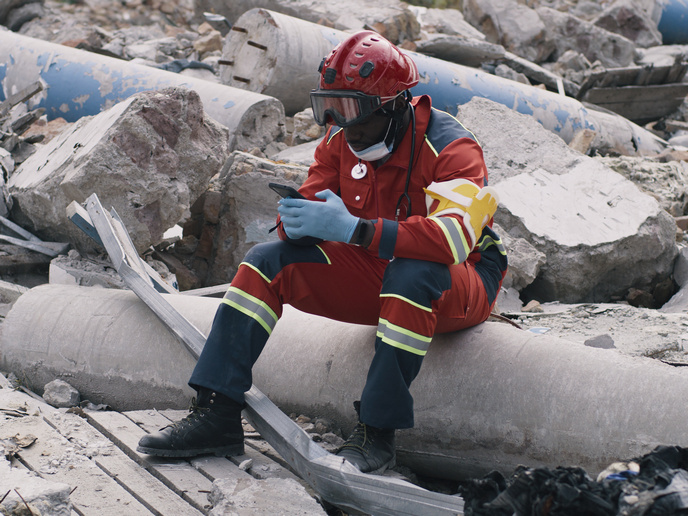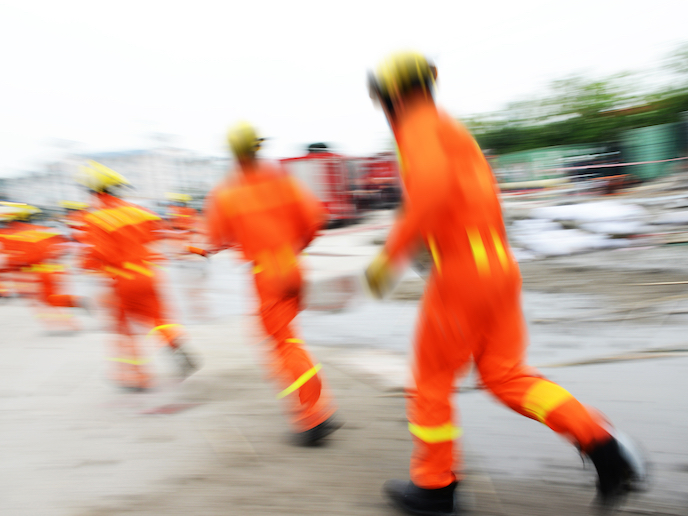Earthquakes made less uneasy
Earthquakes are inevitable natural disasters. Their consequences, however, don’t have to be tragic. In this connection, the concepts and underlying methodologies of operational earthquake forecasting(opens in new window) (OEF), earthquake early warning(opens in new window) (EEW) and rapid response to earthquakes(opens in new window) (RRE) are vital. The EU-funded TURNkey project developed and combined state-of-the-art methods in these three fields of research to help societies become more earthquake resilient. The main outcome of the project is an easy-to-use cloud-based platform with all three systems, combining data from low-cost TURNkey multi-sensor units developed during the project, as well as data from conventional seismic networks and smartphone-based networks. “Based on a range of state-of-the-art methods, the platform's scientific processing engine analyses data in near real-time and allows the fast distribution of reliable information to various stakeholders, supporting them in taking disaster risk mitigation actions and evaluating the impacts of the earthquake on population, structures and infrastructures,” explains Abdelghani Meslem, senior earthquake engineer at NORSAR(opens in new window).
Locally tested
Backed by a team of multidisciplinary experts from 10 European countries, the TURNkey platform was tested and evaluated in a variety of cities to ensure flexibility and accuracy. The TURNkey multi-sensor units were installed in Patras and Aegio (Greece), the Pyrenees (France), Gioia Tauro (Italy), Groningen (Netherlands), Bucharest (Romania) and Hveragerði and Húsavík (Iceland). All these places are earthquake-prone regions, providing coverage over a wide range of hazard levels, spatial extents, levels and types of existing monitoring systems, population densities, and types of vulnerable structures and infrastructures. “The role of the low-cost seismic and global navigation satellite system (GNSS) units developed in the project is to allow real-time streaming of multi-disciplinary data, while at the same time complementing existing seismic networks,” says Johannes Schweitzer, principal geophysicist at NORSAR and TURNkey project coordinator. The team conducted end-user research during different phases of the platform’s development to identify and meet stakeholder requirements. In particular, interviews were conducted with representatives from civil protection, first responders, municipalities and citizens in Bucharest, Patras and Reggio Calabria, which represent different cultural profiles.
Life saver
The TURNkey platform enables public authorities, large business organisations and critical infrastructure providers located in regions affected by high seismic activity to minimise losses in the event of an earthquake crisis. The platform may even facilitate more rapid and accurate search and rescue operations, helping save the lives of citizens. Through the TURNkey mobile app, civil protection and first responders can send updates from the field directly to the platform. In turn, they can also be warned of possible aftershocks. Moreover, the platform supports simulations which can be used to enhance preparedness and awareness of earthquake risk. “Further developmental work is needed to bring the platform to a fully operational system [but] given its modular structure, the TURNkey platform allows easy modifications and additions, which makes it a flexible tool with an extensive range of applications and users,” concludes Ivan Van Bever, geoscientist at NORSAR and TURNkey project manager.







